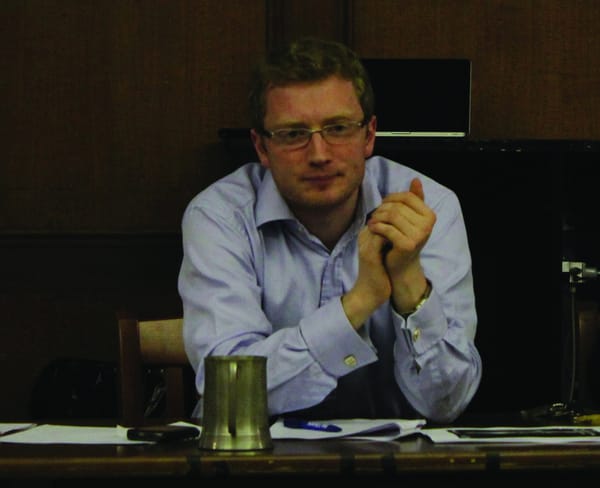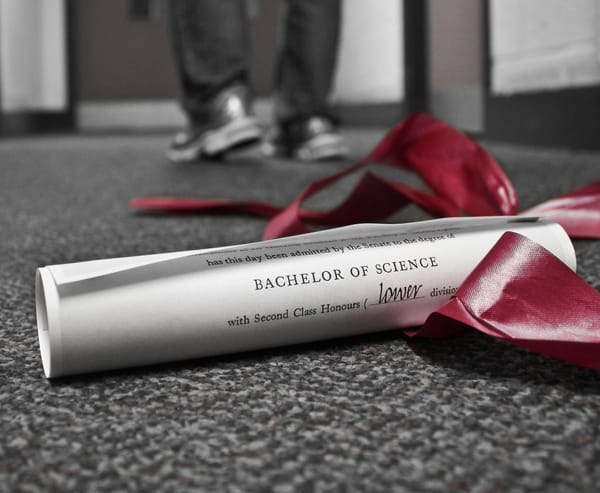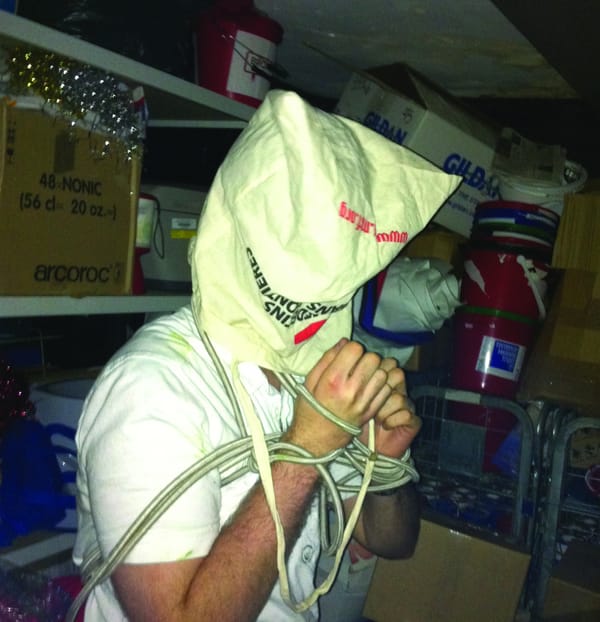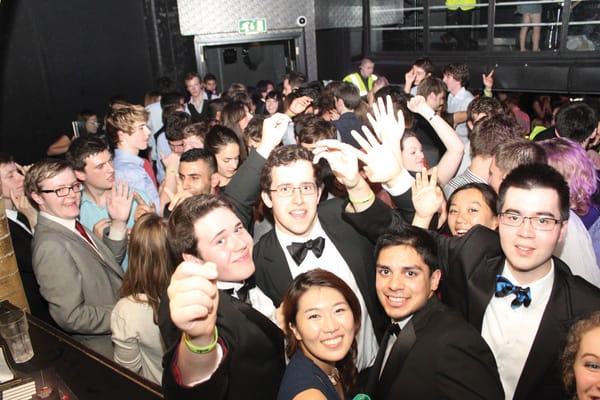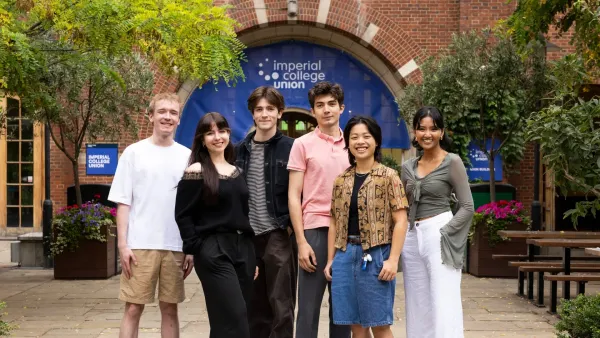YELP@Imperial
An online exclusive on tackling inequality in the education system
The statistics. Around one in three private school pupils achieves a grade of A* or A at A-level compared to 10.6% for state schools, despite roughly only making up 10% of all those in education. 54.8% of those in state schools leave GCSE level without passes of A* to C in the basic subjects english and mathematics. When postcode is a good predictor of attainment, it is clear that education in the UK is still far from fair, despite progress in recent years.
Yet, with 25% potential cuts to the education budget this autumn and the doubtful continued existence of the teacher pension scheme in its current form, incentives to go into teaching for bright young graduates have never been lower in the current generation. Added to that, general cuts to public sector spending have had a detrimental impact on services and charities across the United Kingdom.
In the month of May this year alone, the Guardian reported fifty charities or services which were undergoing cuts; ranging from the thousands of pounds to the millions of pounds; representing cuts from 15% to 100%. It is hard then, to see the current situation improving in the near future.
Founded in 2007 at King’s College London, the Young Educational Learning Programme (YELP) is a primarily student-led organisation created to tackle the growing inequalities in the education system. Since its formation, YELP has expanded dramatically and now offers a wide variety of services from one-to-one tuition, to providing student-run Saturday schools, for disadvantaged pupils about to sit their A-levels and GCSE’s.
The organisation relies heavily on volunteers and student societies; apart from a central hub to coordinate efforts, YELP has separate societies at universities such as Oxford, UCL, LSE and this year for the first time, at Imperial. Each society has a committee of around ten members, with dedicated teams dealing with issues from finance, to sponsorship, to outreach and over sixty dedicated tutors, teachers, and mentors.
While very much still in the developing phase, the organisation has helped over 300 pupils over the last four years; with pupils achieving a pass rate of 89% at GCSE level. YELP aims to help over 50,000 pupils from disadvantaged backgrounds by 2016.
Though joining YELP is primarily about ‘making a difference’, members also enjoy ample opportunities to boost their own employability. All members are invited to networking events, exclusive internships and workshops improving soft skills run by leading graduate employers, such as Bank of America Merrill Lynch, and Teach First.
Successful applicants will gain a wide variety of skills employers consistently look for in new graduates, such as effective communication and leadership. YELP is also currently working on getting members who successfully complete the award programmes officially accredited by employers.
Members have the choice to work as mentors, tutors or teachers whilst completing an award programme lasting 16-20 weeks. Those who wish to be more involved in the society can also apply to become committee members.
If you would like to apply to be part of YELP@Imperial, please visit www.yelpstudents.org
[This article is exclusively featured online]

